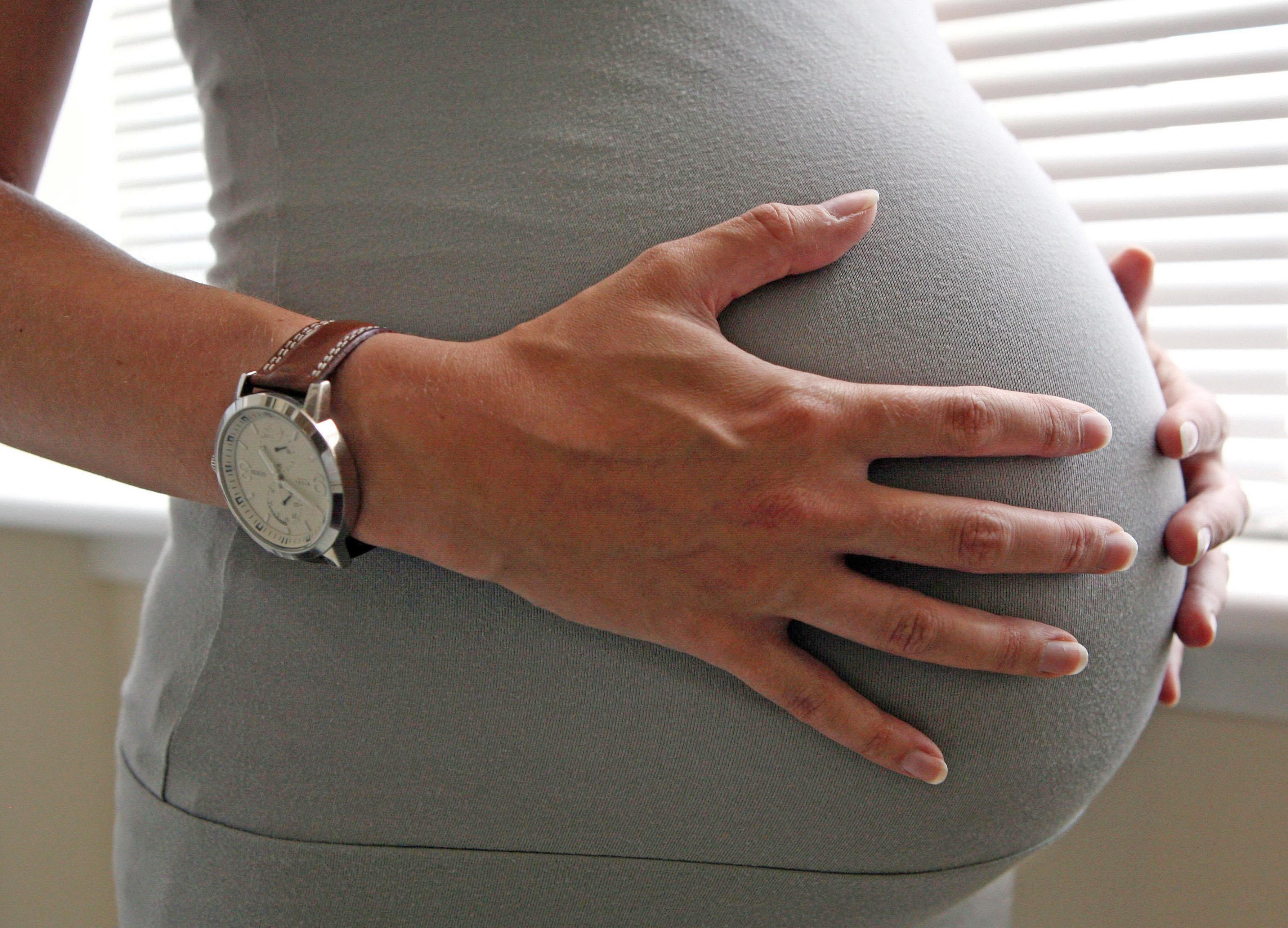Record demand for mental health services as new mothers are left ‘isolated’ in pandemic
Exclusive: Pandemic has left new parents ‘isolated’ says one mother, who says she felt ‘hopeless’ during the first lockdown

Your support helps us to tell the story
From reproductive rights to climate change to Big Tech, The Independent is on the ground when the story is developing. Whether it's investigating the financials of Elon Musk's pro-Trump PAC or producing our latest documentary, 'The A Word', which shines a light on the American women fighting for reproductive rights, we know how important it is to parse out the facts from the messaging.
At such a critical moment in US history, we need reporters on the ground. Your donation allows us to keep sending journalists to speak to both sides of the story.
The Independent is trusted by Americans across the entire political spectrum. And unlike many other quality news outlets, we choose not to lock Americans out of our reporting and analysis with paywalls. We believe quality journalism should be available to everyone, paid for by those who can afford it.
Your support makes all the difference.Tens of thousands of new mothers have been left feeling “hopeless” and “isolated” during the pandemic, with the NHS seeing record numbers of referrals to mental health services.
Requests for help from new, expectant and bereaved mothers jumped by 40 per cent in 2021 compared with 2019, analysis by The Independent has revealed.
NHS data shows mental health referrals hit an all-time high of 23,673 in November last year, with average monthly referrals for the whole of 2021 running 21 per cent higher than the year before, jumping from 17,226 to 21,990.
Leading doctors and other experts say the figures show that the mental health and welfare of pregnant women and babies has been overlooked during the pandemic.
Among those affected when support systems were “suddenly” removed in March 2020 was Leanne, a woman who had her second child just before the pandemic and experienced a mental health crisis. She told The Independent how she had struggled following the first lockdown.
“I just thought, Oh God, my recovery is going to stop, how am I going to get better now because I’ve got no support – I’m on my own with it,” she said.
“I was [also] anticipating the lockdown … in addition to the nursery closing, and I was getting quite anxious about that, and feeling quite hopeless. The pressure piled on me was enormous, and I had no one who could see me or support me.
“Parents were left isolated … parents that are unwell and just literally have care withdrawn, or support, overnight. [It] doesn’t seem proportionate.”
Campaigners across the country have previously raised concerns over the visiting restrictions that were imposed on maternity services at NHS hospitals across the country, which have meant that the partners of pregnant or new mothers have not been able to attend appointments in some cases.
These restrictions were also applied to maternal mental health units, and in May 2020, Leanne, who was acutely unwell, was forced to choose between not being admitted and not seeing her first son for months.
Perinatal mental health services offer care to mothers suffering from mental health difficulties prior to birth and up to 24 months after, and have been a flagship service of the NHS.
The surge in demand comes after the NHS failed to hit targets for 2020-21 for such services. Provisional data from January to December 2021 shows that 40,000 women had accessed the services against a target of 57,000.
Dr Rosena Allin-Khan MP, the shadow minister for mental health, said the figures uncovered by The Independent were “extremely concerning” and that pregnant women had been “forgotten about through the pandemic”.
The Royal College of Psychiatrists’ lead for perinatal mental health services, Dr Joanne Black, said the NHS pandemic recovery plan had lost sight of women in pregnancy and children under two years old, who have been “disproportionately affected”.
“I’m seeing women who haven’t gone out, [and have] done what they’ve been told,” she said. “It’s almost as if public health messaging perpetuated mental health difficulties. Really isolated women, who can’t figure out how to break the cycle of feeling terrified by the world.”
Dr Black said the mental health of the youngest children, who do not have a voice and have experienced “very traumatised” parents, had not been talked about or addressed, which was storing up problems for the health service in the future.
She added that during the pandemic, many perinatal services lost access to the buildings they were based in, and are still carrying out largely online and telephone appointments.
Dr Black said there is no incentive for NHS trusts to move them back into clinics as online consultations are “less expensive”.
“These are the mums talking about suicidal ideation. Very dark thoughts,” she said. “You can’t [deal with] that when children are homeschooling on the desk next to them. Online can’t be the only offer, but at the moment, lots of services simply haven’t got the physical space in which to invite families in.”
Dr Black also explained how it was much more difficult to spot and talk about safeguarding problems, such as domestic violence. In December, The Independent reported on the fears of social workers that virtual visits were causing them to miss warning signs that children’s safety might be at risk.
Laura Seebohm, chief executive of the Maternal Mental Health Alliance, said the consequences of untreated perinatal mental illness could be “devastating” and it was more vital than ever to address the pre-Covid gaps in care and adequately fund the services on which women, babies and families depend.
An NHS spokesperson said the service was “committed to looking after both the physical and mental health of pregnant women”, adding that “at no point during the pandemic were new mums deprioritised”.
Join our commenting forum
Join thought-provoking conversations, follow other Independent readers and see their replies
Comments